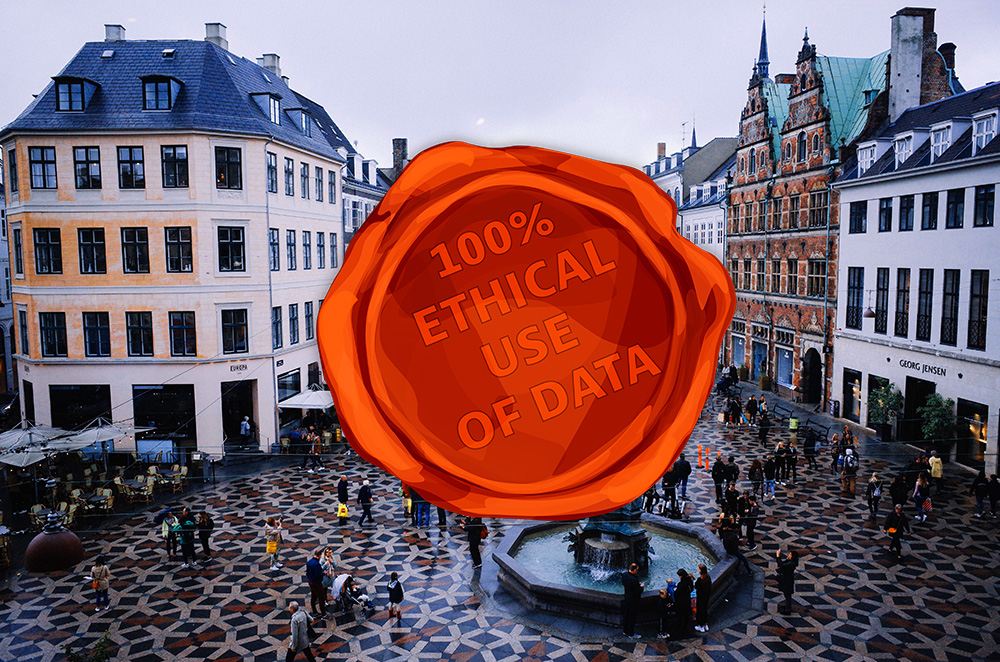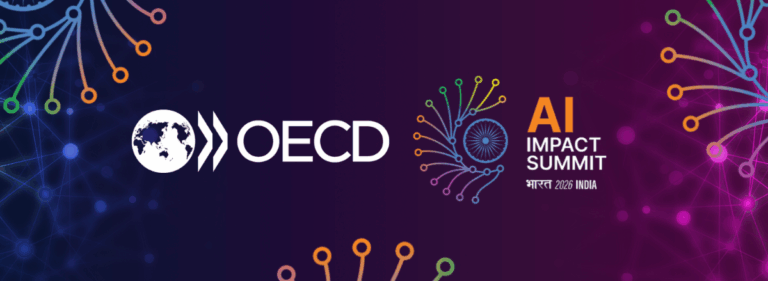Denmark: an independent council and a labelling scheme to promote the ethical use of data
The Danish government expects to launch a new set of initiatives in the fall of 2020.
The OECD AI Principles were published in May 2019. Since then, the Danish government has launched several initiatives as part of the Danish National Strategy for AI for a responsible foundation for artificial intelligence. A key part of these initiatives is to make both the public and private sector use data and artificial intelligence more responsibly by securing transparency and provide data ethical guidelines. The Danish government expects to launch a new set of initiatives in the fall of 2020 to secure a responsible digital economy where trustworthy, ethical and secure use of data and AI goes hand in hand with the ability to provide innovative solutions. We hope the Danish initiatives will serve as models for similar international initiatives.
A data ethics council
In 2019, the Danish government launched an independent Data Ethics Council whose mission is to advise the public and private sectors on ethical matters related to data. In 2020, the council will define data ethics as wells as investigate the ethical dimensions of data combination in the public sector. More generally, the council plans to increase awareness about ethical dilemmas, in part through public debate. To keep up with the digital revolution the council has to give a continuous perspective on how to use data responsibly and shed light on opportunities for new solutions that are innovative and beneficial to society.
A data ethics toolbox
Many companies want to use data and AI in a trustworthy and ethical manner but often they don’t know how. To support companies, especially SMEs, the Danish government published a Data Ethics Toolbox as guidance for companies to integrate data ethics into their business model. The toolbox contains guidelines on how to include data ethics in their company’s code of practice, best practice case studies and impact assessment tools on the responsible use of algorithms.
Legislation to ensure the ethical use of data
The Danish government has adopted what is presumably the world’s first law on disclosure of Data Ethics Policy. The law affects Denmark’s biggest companies and how they conduct their annual reporting. The law requires companies with a data ethics policy to provide information on compliance while companies without data ethics policies have to explain why. The aim is to encourage the largest Danish companies to reflect upon their use of data and develop policies on data ethics. We hope the law can serve as inspiration for similar requirements to the OECD Responsible Business Conduct.

A data ethics seal of approval
Finally, the Danish government along with a consortium consisting of the Confederation of Danish Industry, the Danish Chamber of Commerce, SMEdenmark and the Danish Consumer Council created a Joint Cybersecurity and Data Ethics Seal. The seal will be an independent labelling scheme given to companies that meet its requirements for cybersecurity and responsible handling of AI related data. Applying the seal will tell consumers which companies handle data and AI in a trustworthy, ethical and secure way. As a seal of approval, it will hopefully create a market incentive for actors to be more data ethical. The consortium plans to launch the seal in the second half of 2020.
Denmark hopes that these initiatives will normalize the ethical use of data and create transparency and sustained awareness about data ethics in business, both in Denmark and globally.

































